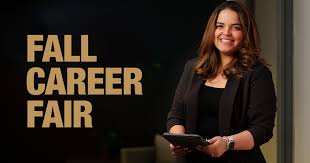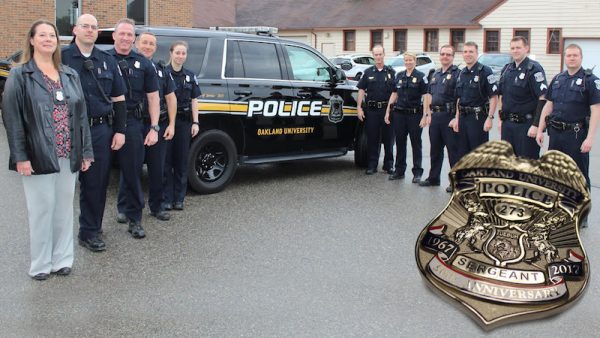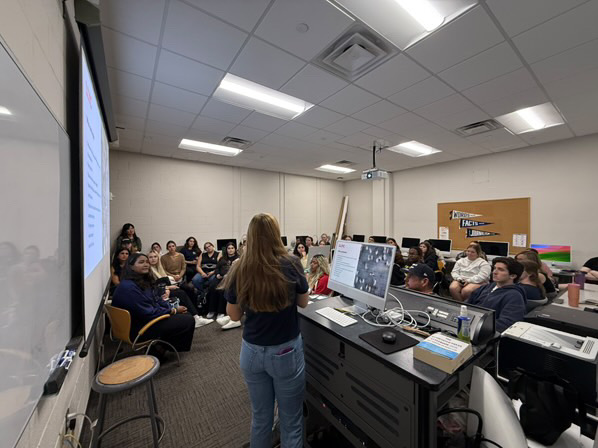To search or not to search: Examining the gray area
Note: This story is part of a package the Oakland Post has put together regarding the creation and hiring of a chief operating officer on Oct. 27. More information will be available in this week’s print edition.
The nonexistence of a national search in the hiring of Oakland University’s newly created — and second-highest paid — administrative position has some students and faculty confused and upset.
On Oct. 27, Scott Kunselman, a Fiat Chrysler Automotive executive and former Oakland University board of trustees’ member, was appointed chief operating officer of OU during a formal BOT meeting.
According to OU’s website, his duties will include “coordinating and facilitating leadership of university operations except academic affairs across campus.”
In the past, these types of administrative positions have required a nationwide search – for example, Oakland’s current president, vice president of student affairs and athletic director each emerged from national searches.
But Kunselman’s appointment to the COO position, which occurred concurrently with the creation of the position itself, wasn’t publicized to the campus community. No other candidates interviewed for it.
From OU students, faculty
Annie Meinberg and Liz Iwanski are student liaisons to the BOT. They participate in board meetings, voice student concerns and provide input on issues as well as report to Student Congress with updates.
Neither Meinberg nor Iwanski were aware that the COO position was being created.
“Calling a last-minute board meeting in less than 24 hours with something this big … it just came as a surprise to everyone,” Meinberg said.
“With any issue really, especially one this big, I think students should be involved in the process and that’s part of [Iwanski] and mine’s role, but if we don’t know something is happening, we can’t ask to be a part of it.”
The reason student liaisons weren’t involved in the process is because the board discussed it at its informal meetings, to which Meinberg and Iwanski aren’t invited.
Meinberg thought there should’ve been a national search.
“I’m confident that [the position] will be successful and [Kunselman] will be a great addition to the OU team, but I think we would’ve felt more at ease and more comfortable if it went through a search,” she added.
“I just wonder when the board’s going to realize that they need to be more transparent.”
OU’s chapter of the American Association of University Professors (AAUP) also expressed dissatisfaction with the hiring.
AAUP President Kenneth Mitton stated in an email on Nov. 2 that OU faculty was unaware the position was being created.
Mitton questioned why a search wasn’t utilized because, “in the shared experiences of our faculty in academia and business, it is typical to have nationally competitive searches for these types of positions.”
He also added that there was potential for this to be considered a conflict of interest.
From OU’s BOT
Trustee Ron Robinson has served on the board for five years.
He was the only member to voice opposition to the creation of the position. He said he had two reasons for this.
First was the addition to administrative costs that it would create — Kunselman’s three-year contract includes a $325,000 annual salary.
Second was because he’s “generally opposed to public boards appointing their members to positions when the search for such positions is not an open one.”
He couldn’t recall if the position was initially discussed in the Aug. 18 or Sept. 22 informal meeting, but he explained that three trustees — David Tull, Michael Kramer and Richard DeVour — along with President George Hynd were “informally appointed” to a search committee for the COO position.
When Robinson asked the board why there was a need for a COO, he didn’t receive a straightforward response. Instead his fellow board members told him, “we’re doing it because we can.”
After the initial meeting, nothing else was mentioned until the week of Oct. 11, when Robinson received a phone call from chairman Mark Schlussel. Schlussel told Robinson he felt it was important to have a unanimous vote for the position and wanted him to reconsider.
On Oct. 15, Robinson sent out an email saying, “I’m not changing my opposition.”
An informal meeting followed on Oct. 21, but there was no mention of the COO position, despite it being listed on the meeting’s agenda.
On Oct. 22, the board held a formal meeting where members approved a faculty contract. Robinson believes the appointment didn’t happen then because they “didn’t want to create controversy on that day.”
Five days later, Kunselman was appointed.
‘Don’t nitpick the process.’
Schlussel said he and Hynd had been discussing the position since summer. He just hadn’t shared that with the board.
“I believe it’s actually an outstanding idea because the university is a very big enterprise and Dr. Hynd has an amazingly large job,” Schlussel said.
“In that light, you have to have somebody with real exceptional skills to basically run the operation of the university. [People] need to look at the vision of how this will potentially advance the growth of the university.”
He thinks the process of the hiring was effective and wants people to look at its long-term benefit instead of “nitpicking” how it happened.
The board had worked with Kunselman for two years, where Schlussel said he played an “active role.”
After Kunselman expressed interest in the COO position, most of the board members thought they had identified the outstanding leader they needed to assist Hynd and Provost James Lentini in growing the university.
Schlussel said that it would just be a waste of time and money to bring other potential candidates in.
Regarding the issue of the hire being a conflict of interest, Schlussel said he thinks it’s “plainly wrong” to refer to it as that since Kunselman wasn’t a trustee when he was appointed. He resigned as a trustee on Oct. 25 — two days prior to the announcement.
“I’m very comfortable with the process because when you know somebody, you are far better off,” Schlussel said.
“If you check universities across the country and even some corporations, you’ll see many times people on the board are chosen to become more active in employment after they resign from the board because they are known.”
He mentioned Kunselman’s tremendous educational background as an engineer and an MBA and his role in a “highly important” executive position at Chrysler.
“I think that the AAUP, the professors, the students of the university, the administration and we at the board are going to be benefitted by this new position and the person who has been hired for this position,” he said.
“We’ll look back and say this was a very, very good move to enhance the quality and the growth of Oakland University.”
Hynd’s past comments
In an interview with the Oakland Post after his hiring in August 2014, President Hynd addressed the importance of opening the search for OU’s next president after it began as a closed process.
“…I was concerned, coming into this, that it was a closed search because I know that if a president comes in through a closed search, even in the best of circumstances, it will take them a year to two years to get past the notion that they may not have been the faculty’s top pick … I got a call from the search firm who explained the situation to me and asked if I’d be willing to have my name released and my immediate response was ‘Of course I would! Why wouldn’t I?’ If I’m going to be the successful candidate, I’d better be darn sure that this is a position that I’d be willing to put my reputation on the line for … I was absolutely happy to do that and frankly more concerned had it remained a closed search.”
OU’s presidential search lasted 385 days.
Regarding the COO, however, Director of Media Relations Brian Bierley and Schlussel said that Hynd decides whether a position should require an open search.
Hynd and Kunselman were unable to be reached for further comment, but they will be addressing the topic from 11:30 a.m. to 1 p.m. on Wednesday, Nov. 11 in the Banquet Rooms during Hynd’s second President’s Report of the academic year.










